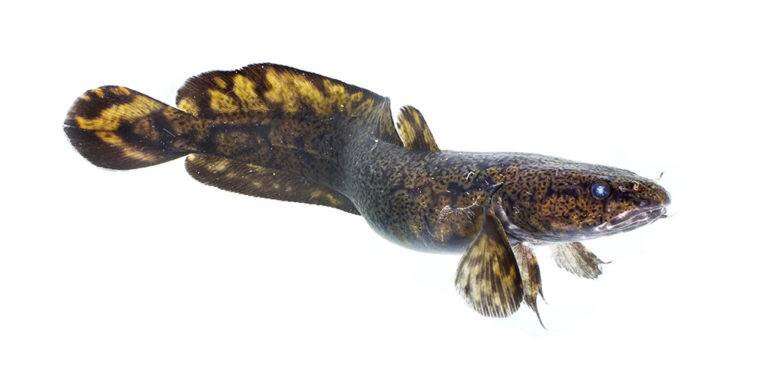Clean water eliminated effects of discharged drugs in fish

The development of new drugs is a good thing for both humans and animals. But unfortunately, the medications we take can have untoward consequences.
Discharges of medications by the pharmaceutical industry, and our use of them cause detectable traces of drugs that find their way into the soil, surface waters and groundwater all around the world.
These pollutants impact wildlife. Several studies have shown that fish exposed to such waste can alter both their behavior and physiology.
One of the most common drugs that has been detected in nature is anxiety-suppressing medicine such as oxazepam (Sobril). Oxazepam is a type of drug used to treat anxiety and insomnia.
Earlier studies have shown that oxazepam can cause fish to take more and unnecessary risks and change their swimming behavior, which can make them easier prey.
However, no one has previously studied whether the effects of pharmaceutical pollutants disappear if the fish moves into water that is not contaminated.
Josefin Sundin and Fredrik Jutfelt at the Norwegian University of Science and Technology's (NTNU) Department of Biology carried out a study in spring 2015, and their results were recently published. They investigated how different levels of oxazepam impacted the freshwater fish burbot (Lota lota).
Burbot belongs to the cod family and have not been used very much in previous studies of this type. Burbot are nocturnal and thrive best on lake bottoms where they feed and hide. Burbot are found all along Norway's coast, except for Nordland county. They are also fished commercially.
The experiment was conducted at the Ar research station on the Swedish island of Gotland in the Baltic Sea. The researchers collected 200 burbot fry from a lake near Kräklingbo on the island. The juveniles were placed in 48 different tanks. There they were exposed to two different levels of oxazepam, while one group was not exposed and was used as a control group.
The fish were exposed to oxazepam for six days, which is the time it takes for the drug to be absorbed into the body. The researchers then conducted behavior trials before the fish were placed in tanks with clean water.
The researchers studied the connection between the use of the drug and swimming activity, and behavior related to boldness.
"The fish were more active when they had been exposed to the drug. They used less energy for hiding and took greater risks," says Sundin.
After a few days in clean water, the effect of the drug was no longer noticeable.
"After we put the fish in clean water, the effect disappeared. Then they acted just like the control group," Sundin says.
"It turns out that with this fish and this drug, the fish's behavior returns to normal after it is back in clean water," she says.
Sundin finds it hopeful that the effect of the drug is reversible, as the study shows.
"If you address the problem and decrease the release of medicines into the system, the fish can recover," she says.
The discharge of medications into the environment via wastewater is a major global problem.
"Some of the contamination can be attributed to pharmaceutical manufacturers, but most comes from our own consumption. Our body doesn't absorb everything when we take the pills, so some ends up in the toilet. Medications are sometimes also flushed directly down the toilet. They then end up at a sewage treatment plant and get spread in wastewater discharge. Currently, the methods that purify wastewater don't remove drugs. There are ways to remove medicines, but right now they're too expensive," Sundin says.
Toward the sea
So far, most studies have investigated drugs that are discharged into fresh water, but Sundin believes it is just a matter of time before researchers begin to study the state of the sea.
"Pharmaceuticals have been found in the Baltic Sea," she says.
"And do you know what's been found in drinking water and even groundwater? Caffeine. It's present in such small quantities that we aren't affected, but wildlife could be," Sundin says.
More information: Josefin Sundin et al. Behavioural alterations induced by the anxiolytic pollutant oxazepam are reversible after depuration in a freshwater fish, Science of The Total Environment (2019). DOI: 10.1016/j.scitotenv.2019.02.049
Journal information: Science of the Total Environment
Provided by Norwegian University of Science and Technology





















